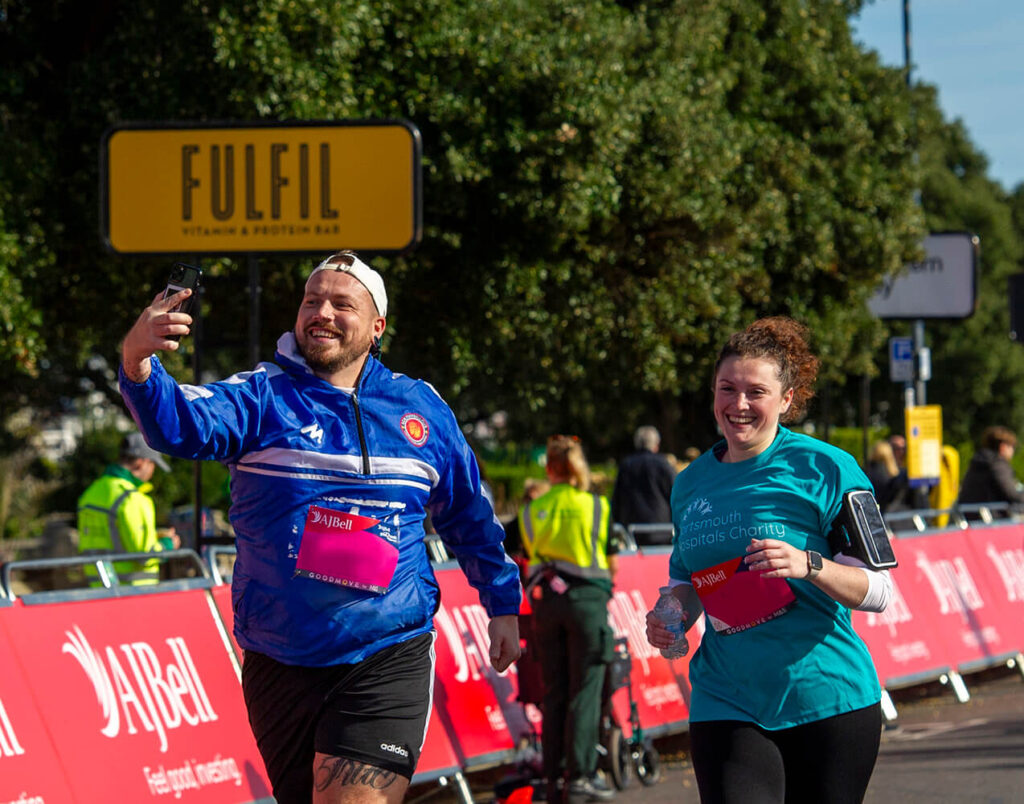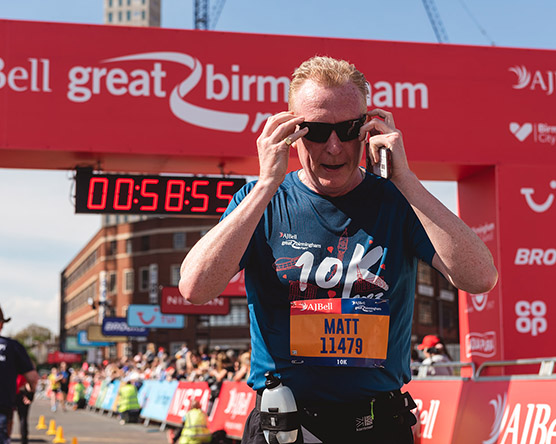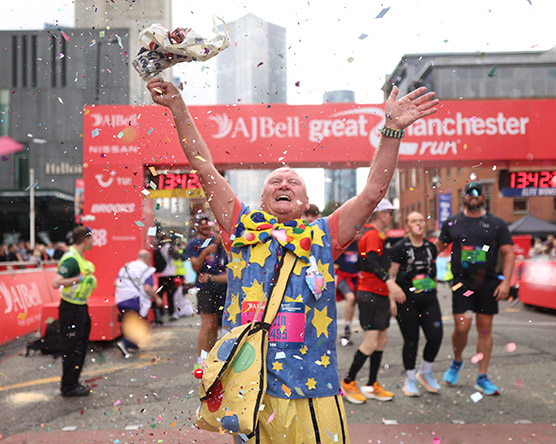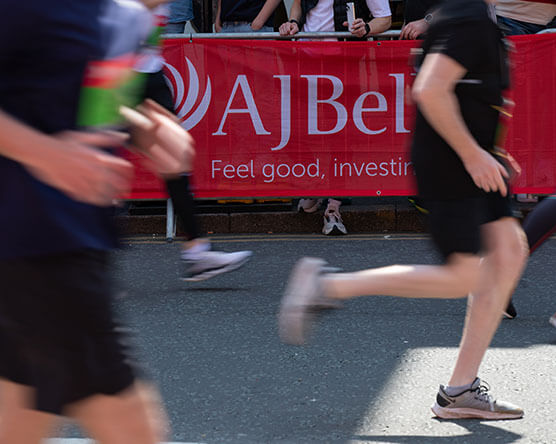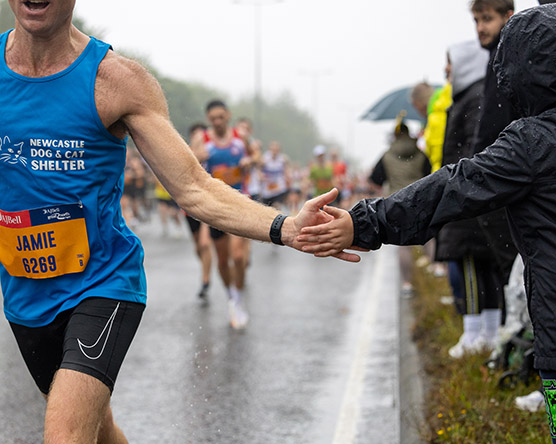LET’S raise a mug to caffeine. For its all-round boosting ability and cheapness, its wide availability and the fact that even scientists say it works.
Unsurprisingly, caffeine is a constant in the top three of sports nutrition aids used by many athletes. In his autobiography, Mo Farah described how his pre-race routine involves drinking “some coffee to wake me up” 20 minutes before he runs.
Outlining his preparation for the 10,000m final in London 2012 Olympics, Farah writes how he took a second espresso to ensure he was “pumped up” for the race. “As I make my way out to the track I feel this massive caffeine high come on,” Farah recalls. “I’m buzzing. My hands, my legs – everything is shaking.”
How it works
Exercise scientists who have studied caffeine’s action in almost every iteration now have a clearer understanding of how it works.
For years it was thought that the sole benefit from drinking caffeine before exercise is that it helped the body to use fat as fuel, temporarily sparing the glycogen (or carbohydrate) stored in muscles and preventing you from flagging. But the more scientists looked into it, the more there seemed to be something else at play.
What they now know is that caffeine’s main action comes from its ability to release calcium stored in muscles which, in turn, boosts their power output. Some researchers have shown that the substance also influences the brain’s perception of pain and exhaustion. Consume it, they suggest, and you are less likely to succumb to feel fatigued early on.
Nutritionists at Sheffield Hallam University have shown how caffeine can also improve accuracy and skill level in sports such as tennis, football and golf.
Convincing evidence
As one of the most rigorously studied of all legal performance enhancers, caffeine has a raft of evidence to support its reputation.
Dr Jason Tallis, a leading researcher into caffeine’s effects at the University of Coventry’s department of biomolecular and sport science, has shown in trials that the right doses of caffeine can produce significant improvements in power output during exercise.
In one of his trials published last year, Dr Tallis looked at the effects of a direct caffeine treatment on skeletal muscle extracted from laboratory rats to see how it affected force, power and resistance of muscle fatigue.
His findings revealed that “caffeine can cause a fibre type specific increase in muscle power output”, with muscles comprising mostly fast twitch fibres showing a 3% increase in power output, and those of predominantly slow twitch fibres demonstrating a 6% improvement.
“Fast twitch fibres are predominantly recruited in short duration high intensity exercise as these fibres quickly produce high amounts of force but fatigue rapidly,” Dr Tallis explains. “Although a 3% increase may seem small, this could prove a significant performance enhancement in short duration high intensity events like sprinting, jumping and throwing that are decided by very fine margins.”
Slow twitch muscle fibres, the type primarily recruited during endurance events, produce lower force but have a greater resistance to fatigue.
“A 6% increase in the power output of such muscles is far more substantial and may underpin the evidence that demonstrates an increased potency of caffeine when used in combination with endurance based activities,” Dr Tallis says. “This increase in maximal muscle power may further translate to an improved fatigue resistance, as a caffeine treated muscle would be able to maintain a submaximal intensity with a smaller number of recruited muscle fibres.”
How much?
The International Marathon Medical Directors Association (IMMDA) cautiously recommends marathon runners ingest no more than 200mg – the amount in a regular cup of coffee – based on research that has shown that during exercise caffeine affects the heart in ways that, in extreme cases, can send someone into cardiac arrest.
At marathons where runners have collapsed and been successfully resuscitated, IMMDA has reported the patients had ingested high levels of caffeine before and during the race.
Phil Hurst, the Elswick Harrier and European Indoor 3000m finalist, is also a researcher into caffeine and sport at Canterbury Christ Church University. He says that, for most people, 200mg is enough to have an effect.
“A lot depends on your body weight,” Hurst says. “If you are heavier you will need a bit more. Around 1-3mg of caffeine per kilogram of your body weight is generally considered to be an appropriate dosage.”
For someone who is 70kg – 11 stone – for example, drinking a large black coffee from any chain would provide around 330mg caffeine, enough to make a difference.
In Dr Tallis’s research, the optimal was higher: around 5-6mg of caffeine for every kilogram you weigh, or the equivalent of three or four strong espressos. Ultimately it doesn’t matter where the caffeine comes from – coffee, pills, bars or shots.
“It is the concentration that is important rather than the source,” Dr Tallis explains. “It is possible to get the performance-enhancing benefit from plain strong black coffee or even white coffee.”
Don’t overdo it
But it is also possible to get diminishing returns. “Some researchers have found that people who consume too much (more than 9mg per kilogram of body weight during a marathon) actually experience a drop in their performance,” Hurst says.
“More is not always better and it’s a matter of testing what works for you.”
If you are not used to it, caffeine can give you the jitters or, at worst, raise your heart rate and blood pressure.
If you are an existing coffee drinker already, the chances are you will need more than usual to get the effects before a training session. And bear in mind that individual responses to the substance vary enormously – not everyone is a “caffeine responder”.
Hurst says it is best to practise by taking it an hour before you train as “peak blood plasma concentration of caffeine occurs 60 minutes post ingestion”, although you begin to feel it “kicking in” at around 40 minutes.
“I’ve had subjects who have said they feel wired and edgy when they first use it,” says Hurst. “But the body adapts very quickly. And the effects can be extraordinary for some people.”
- This feature was first published in Athletics Weekly. For more of the latest running and athletics news, plus performance features and much more, grab a copy of the magazine or check out www.athleticsweekly.com





